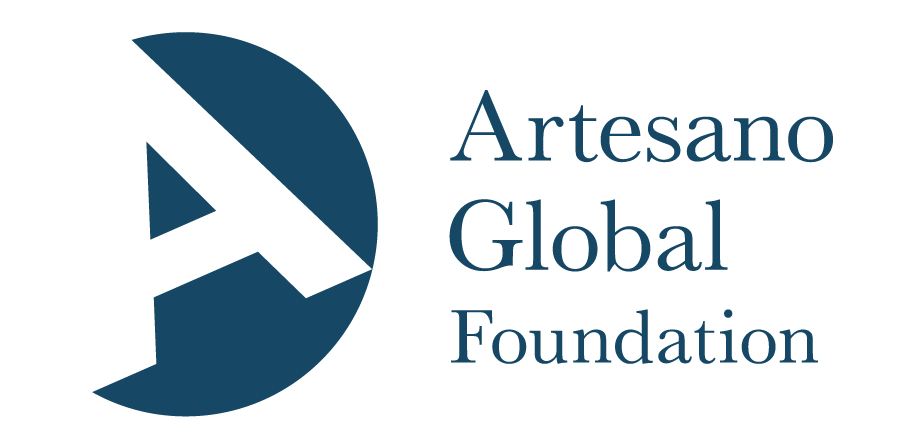


The goal of this project is to achieve integral and nutritional benefits for children, adolescents and volunteers of this community of San Martín de Porres, Las Casitas sector, La Asunción, on the island of Margarita. Currently, the project serves 80 beneficiaries (70 children and 10 volunteer mothers) in a condition of food insecurity. In addition, aware of the importance of art as a tool for social development, creative skills and emotional well-being, we organize activities with artists, artisans and teachers for this population.


80 direct beneficiaries
More than 320 indirect beneficiaries
44,228 meals served (lunch and afternoon snack)
(September 2021 to October 2024)
95% efficiency



214 direct beneficiaries
More than 710 indirect beneficiaries
15 chairs of musical education
30% increase in the number of students



Assistance to school groups
437 direct beneficiaries
(School period 2023-2024)
Permanent activities through artistic residencies

They are an initiative aimed at promoting artistic and artisanal creation and research, the exchange of ideas, aesthetic concepts and multicultural connection between creators from different geographies.
Retornar a lo que fue, sacar del foso la fe (Returning to what was, pulling faith out of the pit) is an exhibition that values the connections between artisanal knowledge (pottery, basketry, and weaving) and their resonances in contemporary times through the work of Francisca Sosa López, a Venezuelan multidisciplinary artist residing in London.
The research, work, and trajectory of Francisca Sosa López allow for the development of this project in which craftsmanship and contemporaneity converge, as her residency on Margarita Island offered the artist the opportunity to reconnect with Venezuela for an extended period of time and learn from the traditions of the artisans in the region. Building on the historical debate that took place during the Renaissance regarding the differences or boundaries between the figures of the craftsman and the artist, one of the main objectives of the residency was to – always respecting the heritage and knowledge passed down by the island’s artisans – expand or resignify from a contemporary perspective the use and possibilities of traditional materials and objects. To this end, the artist investigated the daily habits of the artisans, the history and function of each artisanal manifestation, as well as the intentionality and inherent function of each of the objects she was interested in. In this process, she conceived and built a set of four installative works using various objects originating from island craftsmanship. For each of the installations designed for this exhibition, the artist subverts or disrupts the utilitarian function of the original object, creating new configurations in which a dialogue or tension is established between the traditional and the contemporary. Additionally, Francisca Sosa López leaves her mark by intervening materially and/ or pictorially in the final construction of some of the objects used, paying tribute to the act of weaving.


The work and artistic practice of Francisca Sosa López reflects and explores her connection with home, with the country, with its traditions. The experience of migration and her condition as a woman are also vertical themes that intersect with her original inquiries.
Her work is built from drawing, painting, assemblage, collage, and textiles to create pieces of an installative nature that gradually acquire corporeality, often through formats that play with volume and three-dimensionality. It is a work of abstract nature with deep contemporary echoes both in its narrative and in its technical realization.
“I feel deeply grateful to the community of El Cercado for their participation in this Residency. It was a frank and enriching exchange, where everyone generously shared their knowledge. At the same time, I had the opportunity to show them a little bit of what is being done in contemporary art and ceramics worldwide.
During our stay, we not only had talks and viewed images, but also worked directly on creation. With the young ceramists, there was an exchange of suggestions and ideas inspired by my work, in which I was able to offer feedback and propose changes or new forms that they could explore. We experimented with new textures, using elements such as palms and corn, which are of great importance to me, since they represent the bread of the Americas and are associated with numerous creation myths from this part of the world.
The result was a diversity of pieces rich in rustic and burnished textures, fire in the ancient method of fire pits. I am very happy to take some of these works to present at the Frieze art fair in London with the Cecilia Brunson Projects. Itbis Aldo important as this secured a collaboration between Hacedores de País, the Escuela Taller de Cerámica El Cercado, Fundación ArtesanoGroup and Abra Caracas, who will continue this project within the framework of my exhibition in Caracas, titled Morada Vegetal, open until September 15. Some of the pieces from El Cercado will remain in the back room so that you people see the result of these intense days of sharing, creating, getting to know each other and enjoying the company of this beautiful community”.